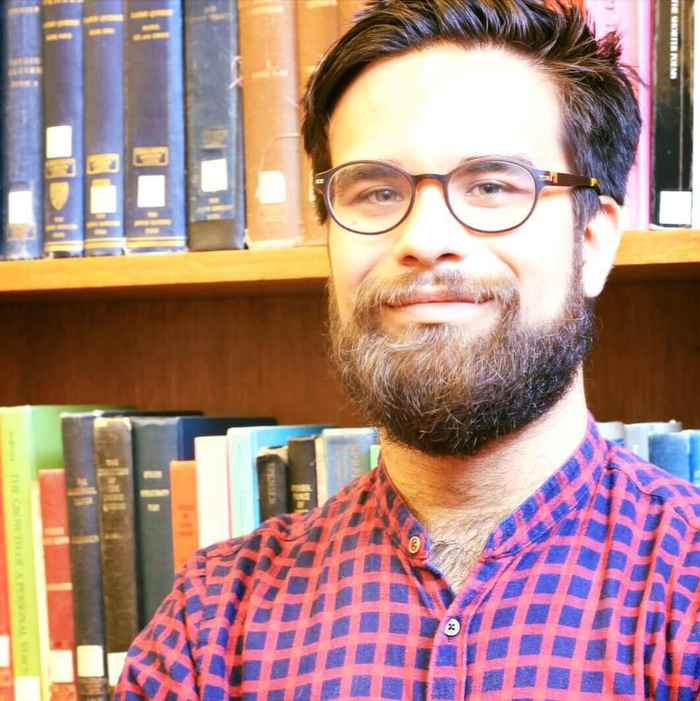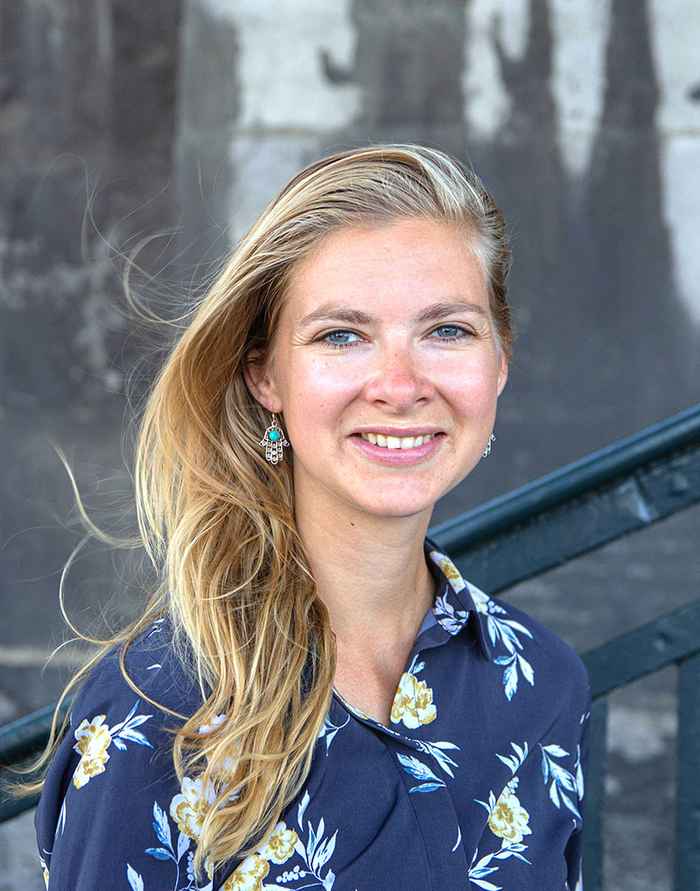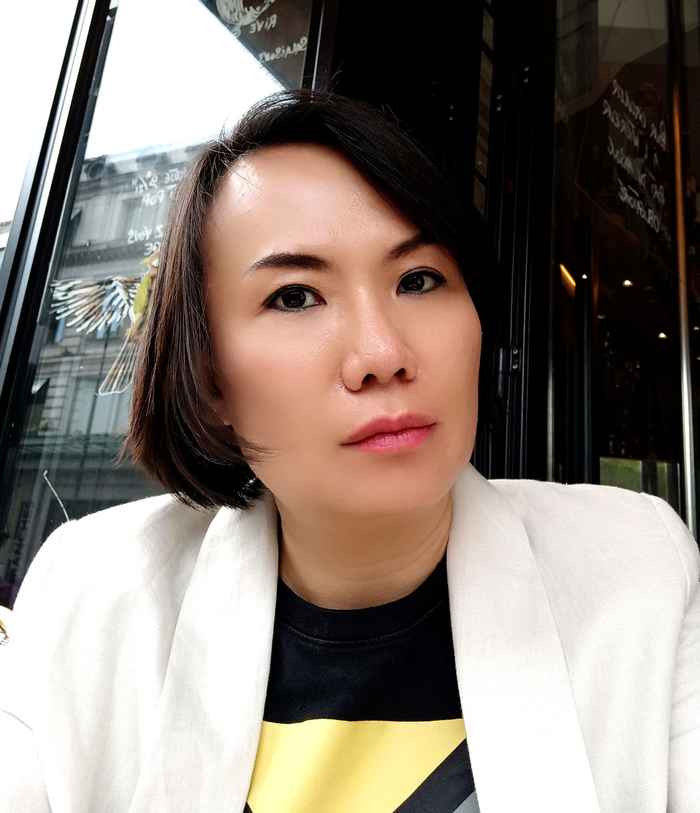New PhD candidates for the Humanities research schools
24 June 2021

AHM: Mehmet Berkay Sülek
Cartographies of Art History: Aby Warburg’s “Mnemosyne Atlas (1924-1929)” and Contemporary Curatorial Practices’.
This PhD project investigates the role of large-scale exhibition both for writing and dissemination of contemporary art history and to what extent Andy Warburg's methodology can help us to understand the historiographic challenges caused by the shift from museum-based art history to temporary exhibition-based art history. Mehmet's supervisors will be prof. dr. Christa-Maria Lerm Hayes and dr. Miriam van Rijsingen.
Website Amsterdam School for Heritage, Memory and Material Culture
ARTES: Esther Schoorel
Challenging the State Narrative: Transnational Online Memory Activism After Lebanon’s 2019 October Revolution.
Esther Schoorel’s research focuses on how transnational online memory activism, especially by the Lebanese diaspora, facilitates the emergence of an alternative collective memory that challenges state narratives of contentious politics in Lebanon since the 2019 'October Revolution’. Esther's first supervisor will be dr. Robert Woltering.
Website Amsterdam School for Regional, Transnational and European Studies
ASCA: Pinar Turer
Ethics of Intimacy: Reconfiguring Relational Knowledge Practices through Errant Movements in Transnational Art and Literature
How would we need to reconfigure our knowledge practices if we were to imagine an ethics of relationality that starts from the unruly, playful and ambiguous zone of intimacy? Pinar proses that the “how” of this question can be found in the works of transnational contemporary art and literature that create errant movements which challenge the hegemonic ways of being in an epistemic relation ⎯ with the other, with oneself, and with the world. Focusing on errant movements in literary and artistic works, derived from Édouard Glissant’s treatment of errantry, Pinar proposes an ethics of relationality imagined through intimacy. Pinar's first supervisor will be prof. dr. Monique Roelofs.
ASH: Vany Susanto
Colonial Citizens? Petitioning for Legislation in Early Modern Batavia
This project will investigate the political, legal and administrative aspects of early-modern colonial rule and foregrounds the political agency of Asian subjects in influencing policy-making in Batavia, the largest city in the Dutch Empire. Central is the practice of petitioning the colonial government, in order to represent or further the interests of one’s community or group. These petitions are examined to investigate popular politics, and will connect scholarship on petitioning and citizenship in European history to that of the colony, and formulate new perspectives on the concept of colonial ‘citizenship’ and colonial governance. Vany's first supervisor will be prof. dr. Remco Raben.

